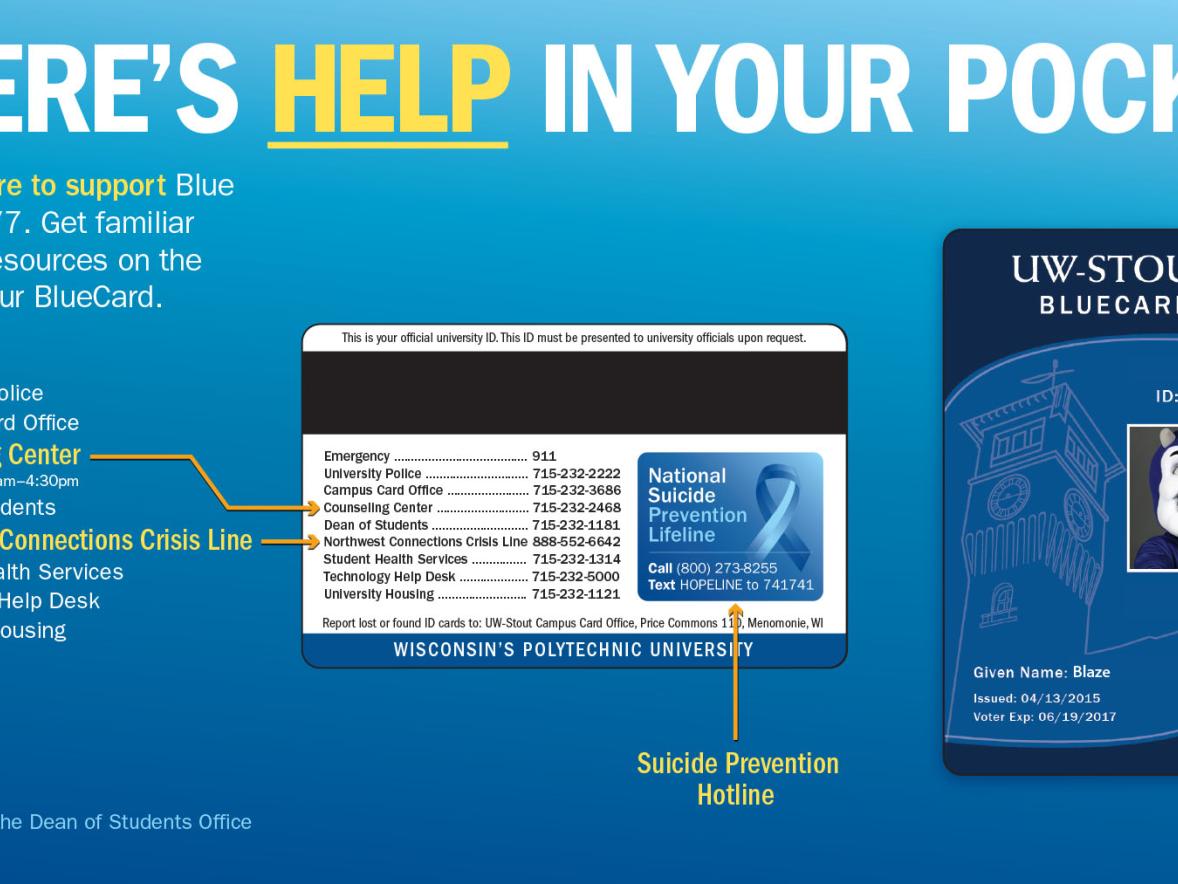Students adjust to their first and second year of college in a pattern like a “W.” As late fall hits, the highs of increased independence and free time are starting to look like the realities of responsibility.
College is stressful. Your student might need to talk. Their grades might be lower than expected. Laundry might be piling up. Time management might be missing. And they might feel homesick.

Your support matters especially in late fall to your student. And to promote their self-advocacy while they’re away from home, you can start by listening without fixing. Ask if they want suggestions to work it out.
If they say no, just listen. If they say yes, try these ideas:
- Help them develop and deepen friendships. Ask if they are going to dinner with other people, meeting classmates to study, and participating in intramurals if they are former athletes.
- Encourage them to meet with their academic adviser or hall staff who can help them find support services.
- Share things successful students do – go to class, take good notes, turn assignments in on time. Ask questions about if they’ve gone to a professor’s office hours, or have they met with a tutor?
- Is your student feeling overwhelmed? Let them know that the Counseling Center is free to them. They can even get support online through SilverCloud.
A few additional things you can do:

- Renegotiate house rules on at-home weekends. Students can be night owls with no curfews. They might be tired from the hustle of campus life and want a nap. Create a plan that works for your student and you.
- Keep supporting. Encourage and remind your student of their previous successes when they faced a challenge. Build “You can do it!” messages into your conversations, texts and calls.







